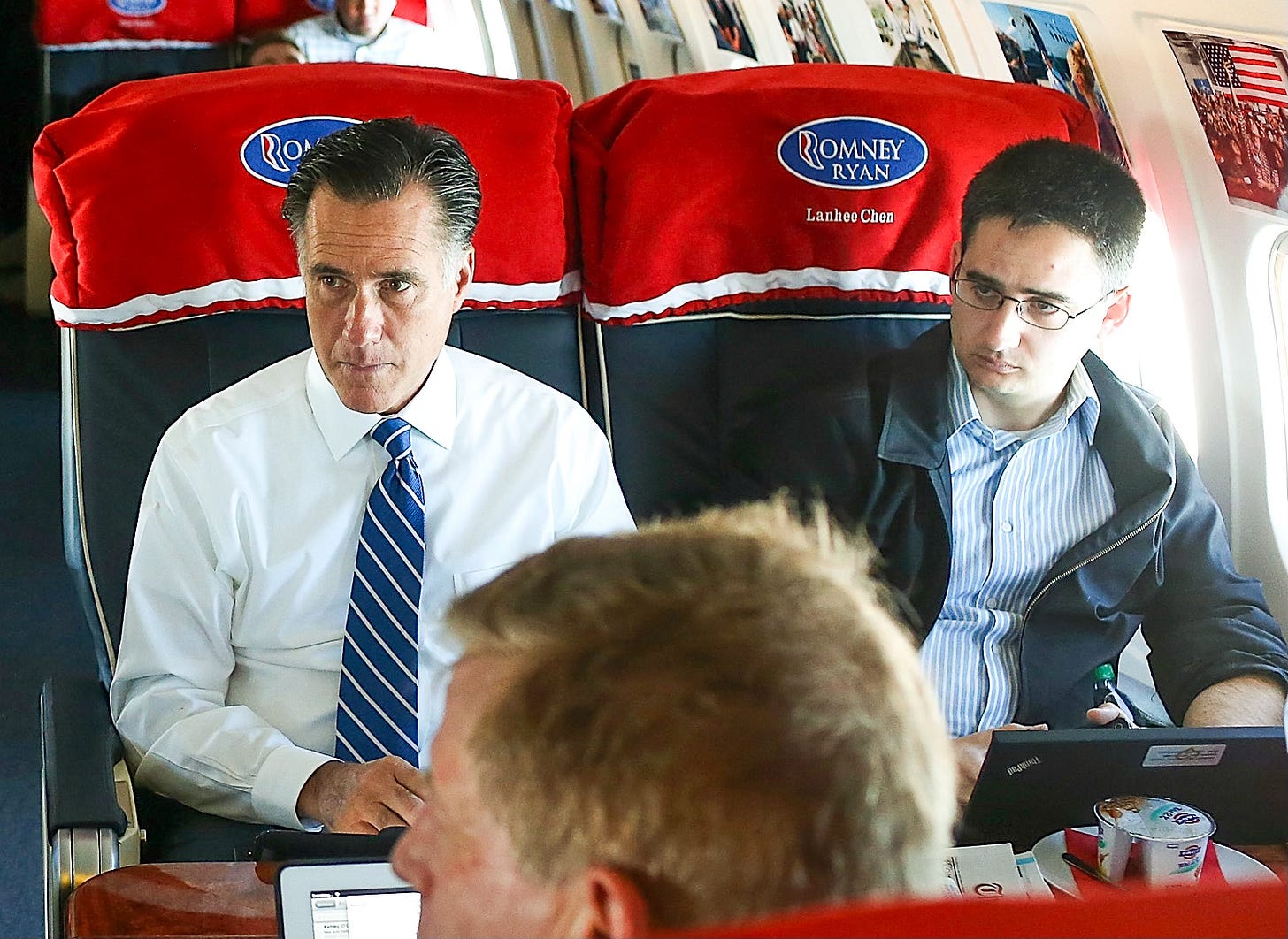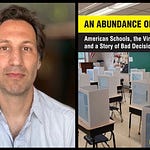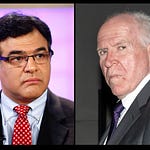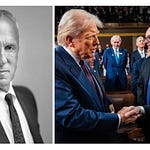President Donald Trump is destroying the global economy, according to the media, Democrats, Europeans, and libertarians. The stock market is crashing. His administration is randomly and arbitrarily imposing tariffs, they say. And his tariffs are on the verge of causing a self-destructive global trade war.
But policy should not be based on the daily movement of the stock market. The tariffs are not random or arbitrary but instead are based on a publicly released formula that the Trump administration has discussed for months. And a trade war is more likely to lead to a better outcome than the path Americans have been on.
So says Oren Cass, founder of the think tank American Compass and one of the leading advocates of Trump’s nationalist economic policy.
Based on Cass’s resume, one would predict him to be a Never Trump Republican, not a MAGA Republican. He is a Harvard Law graduate who worked at Bain & Company and became the Domestic Policy Director for Mitt Romney at the shockingly young age of 29.

“I really admired Romney, was very proud to work for him, and proved to be very good at doing policy stuff,” explained Cass, “and so I ended up in the Domestic Policy Director role, very well credentialed and a credible conservative without having spent all my summers reading Hayek and Friedman and being drilled in the answers to give on these things.
“I was always a very small-c conservative in disposition. I always struggled with a lot of the “Okay, but how do those principles actually translate to what Republican politicians seem to be saying? And, you know, if you buy a drink for anybody who worked with me on the Romney campaign, they will give you stories of some of the ways I may have been difficult to deal with.”
Romney, one of the most high-profile Never Trump Republicans, was also highly concerned with China. “I was working on trade policy for him and brought him the very standard, ‘Here's what a Republican says about trade’ starting point. And he said, ‘This is all fine. But what are we gonna do about China?’
“I remember the other economist was like, ‘What kind of question is that? We don't do anything about China.’ Romney was a very non-ideological, pragmatic guy with a business background. He said, ‘That's ridiculous. This is completely broken. What are we gonna do?’
“And I had the privilege of being sent off to find an answer for the candidate, at which point I discovered that the entire right-of-center ideological orthodoxy and the entire economics profession refused to engage with or think about this at all, even though it was a very real problem.”
In our conversation, Cass debunked claims that Trump’s tariffs were arbitrary and said they demonstrated bad faith on the part of the people claiming to have debunked them.
“My sense is that a deputy press secretary gave a confusing answer to a question,” Cass said. “The US Trade Representative's office has put out a whole detailed explanation of this, with the formula they used and the sources that they used. It's a PDF you can download from the US Trade Representative's website.
“If you're somebody whose goal is to just embarrass the administration and confuse people, then you find a confusing statement from a Deputy Press Secretary and say, ‘Oh, see, nobody knows what they're doing.’”
Cass pointed to people claiming it was strange for there to be tariffs on small nations.
“I think there has been a lot of very bad faith criticism and intentional pretend confusion for the sake of fomenting a narrative among people who should know a lot better,” he said. “One example of this is whatever random island that only has penguins on it that people are upset about. Like, ‘Oh, like why do they have a tariff rate for this island with these penguins on it?’
“The answer is because US trade policy is done through a very formal mechanism called the harmonized tariff schedule, which defines the exact set of territory for which you have to have tariff rates and the exact set of products for which you have to have tariff rates. And it's a very granular set of territories and it does have random islands and so forth as entries on the list. And so if you're going to then announce what the tariffs are by territory, you're gonna have something for the islands on the list, right?”
Another piece of misunderstanding Cass was on the idea of “reciprocal tariffs. “There was certainly a communication challenge in calling them reciprocal tariffs,” said Cass, “which people understand to mean ‘Whatever they do to us, we do to them.’ We're sort of holding up a mirror. But there was plenty of messaging for a couple of months leading up to this that what they meant by reciprocal was more like proportional, that it was going to be in relation to the size of the imbalance that we have with the other countries. I wrote a long thing in February walking through what they seem to mean and how it might look.”
People are playing dumb, in other words. “They did a like, ‘We just can't figure this out. This must be some crazy mistake.’ It’s people who, politely, are not trying very hard to figure it out and are well-served by claiming it can't be figured out when, in, when in fact it can.”
Trump’s tariffs could bring back high-wage manufacturing jobs just like Reagan did when he demanded Japanese car companies manufacture in the U.S., explains Cass.














